We know there is a growing wealth gap in America, but as this article demonstrates, it is greatly effecting race as well. To defend tax breaks for the wealthy, corporations and even corporate jets at a time like this and with the knowledge of what this article brings to light is unethical, immoral and even anti-Christ.

As Congress and the White House wrestle whether to raise taxes for the wealthiest Americans, a new analysis of Census data shows that the wealth gaps between whites and blacks and Hispanics widened dramatically during the recession.
The analysis by the Pew Research Center, released on Tuesday, found that from 2005 to 2009, inflation-adjusted median wealth fell 66 percent among Hispanic households and 53 percent among black households, compared with a 16 percent decline among white households.
Those declines increased the wealth gap between white and minority households to the largest since the census began collecting such data in 1984. The ratio of wealth for whites to blacks, for instance, is now roughly 20 to 1, compared to 12 to 1 in the first survey 25 years ago and 7 to 1 in 1995, when a booming economy lifted many low-income Americans into the middle class.
The wealth ratio for whites to Hispanics was 18 to 1 in 2009, also up from 7 to 1 in 1995, the Pew analysis found.
The declines from the recession left the median black household with $5,677 in wealth (assets minus debts, where assets include items like a car, a home, savings, retirement funds, etc.) and the typical Hispanic household with $6,325. White households, by comparison, had $113,149, the study found.
Sliced another way, the data from the Census Bureau’s Survey of Income and Program Participation (SIPP), showed that 35 percent of black households and 31 percent of Hispanic households had zero or negative net worth in 2009. The comparable rate for white households was 15 percent.
The SIPP income questionnaire is considered to provide the most comprehensive snapshot of household wealth by race and ethnicity.
The Pew analysis said the housing crisis was largely to blame for the widening gulf. The median level of home equity held by Hispanic homeowners declined by half from 2005 to 2009, from $99,983 to $49,145 it found. By comparison, white homeowners saw their median equity decline from $115,364 in 2005 to $95,000 in 2009. Black homeowners’ median equity fell from $76,910 to $59,000 over the same period.
The study said the sharper decline among Hispanics happened because a large share of Hispanics live in California, Florida, Nevada and Arizona, which were among the states hardest hit by the housing crisis.
Other studies have noted that blacks and Hispanics lost so much more home equity because they were far more likely to be sold a high-cost, sub-prime loan, regardless of their credit histories. Those mortgages now have the highest foreclosure rates.
It also noted that because whites are more heavily invested in the recovering stock market than blacks or Hispanics, the former had recovered a higher percentage of the wealth lost to the recession.
National Urban League President and CEO Marc Morial called the report a “wake-up call” that minority communities need more investment in long-term job creation.
“A paramount issue for this nation for the 21st century is to ensure the narrowing and closing of the racial wealth gap,” Morial told the Associated Press on Tuesday, a day before the National Urban League opens its annual convention in Boston. “It has deep social implications. It has deep political implications.”
In Washington, the wealth gap has been a major point of friction in talks about raising the debt ceiling and putting the nation on sounder fiscal footing. President Barack Obama and Democrats have sought a variety of ways to increase revenue, all aimed at those in the upper income bracket.
The president has proposed closing loopholes in the tax code, such as breaks for owners of private jets and for oil companies as well as higher income tax rates on wealthier individuals and families. Republicans have made resistance to any tax increases a focal point in the debate, arguing that raising taxes in a recession is an impediment to creating jobs. Neither plan currently under consideration contains any tax increases.



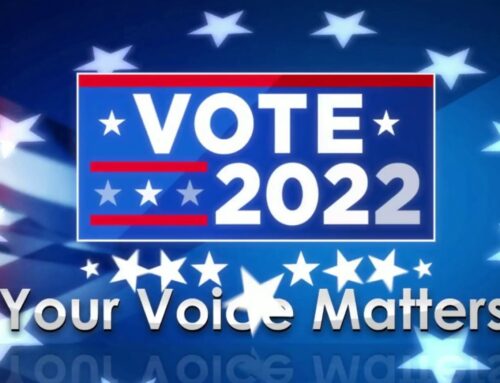












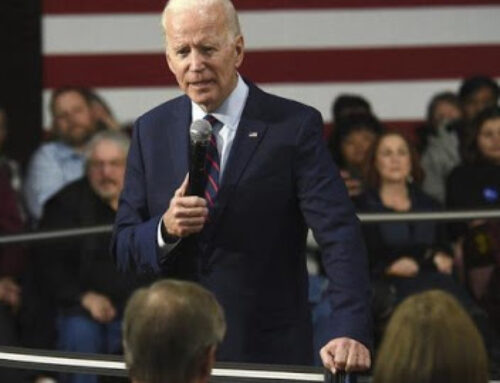








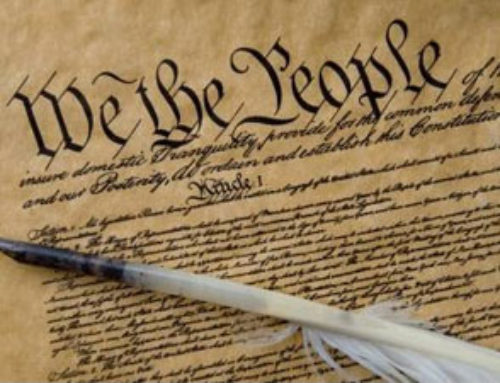

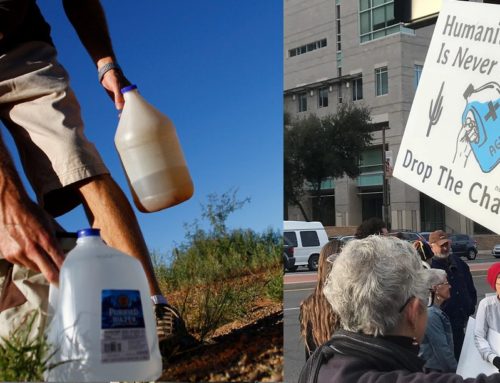

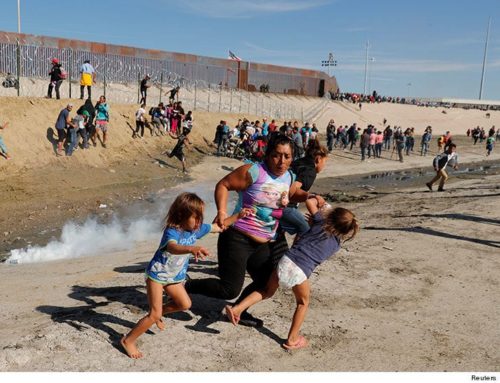
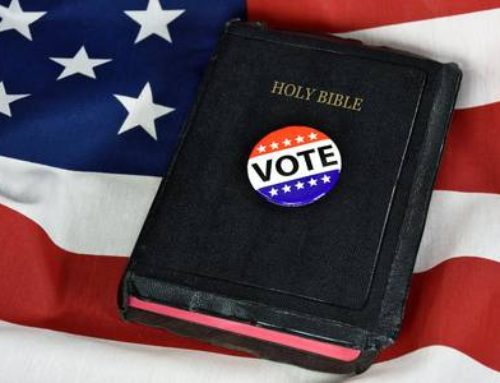

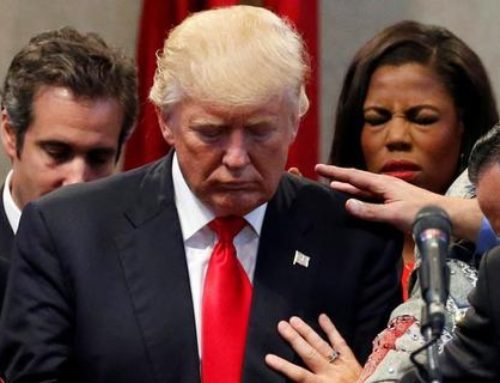
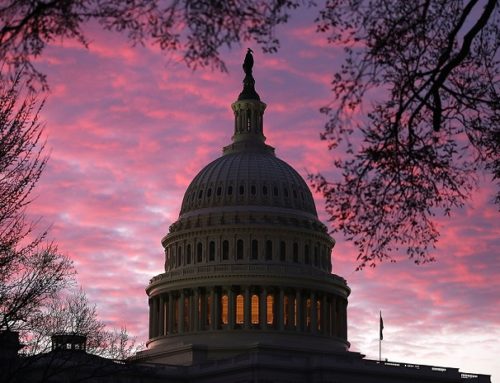












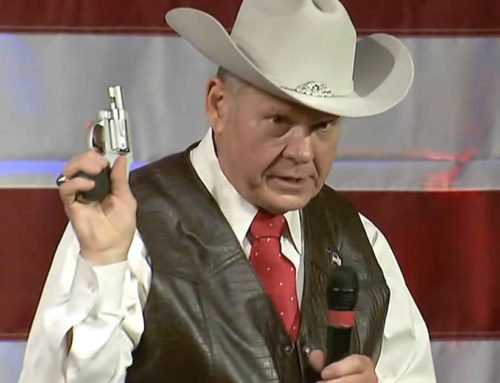

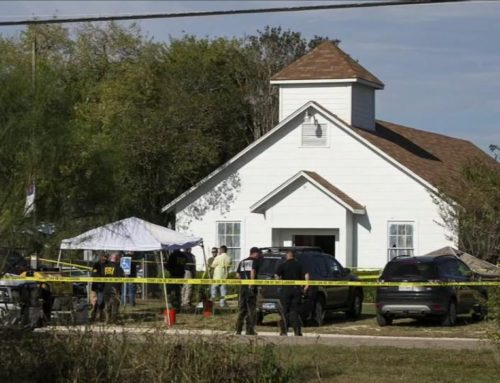





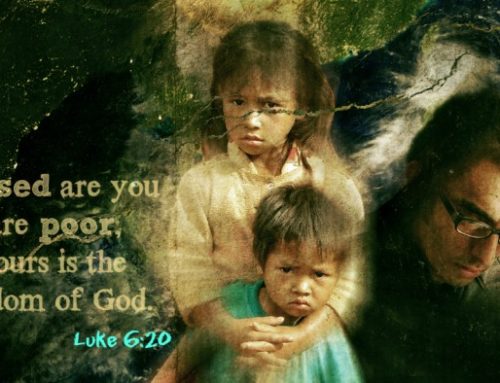
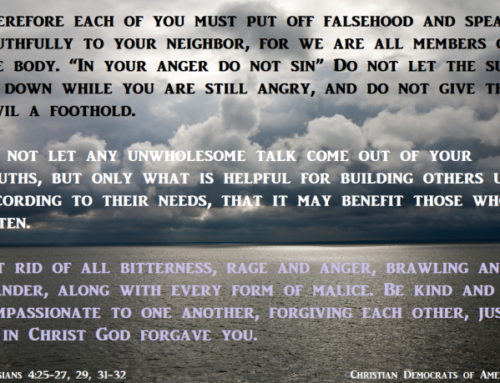
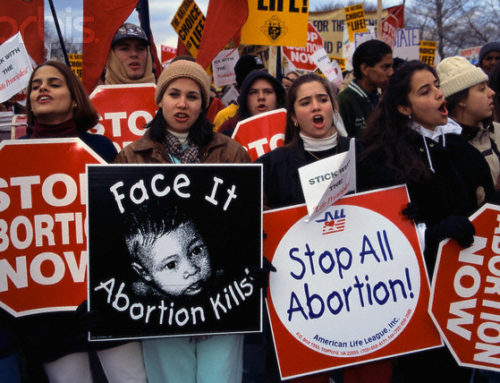



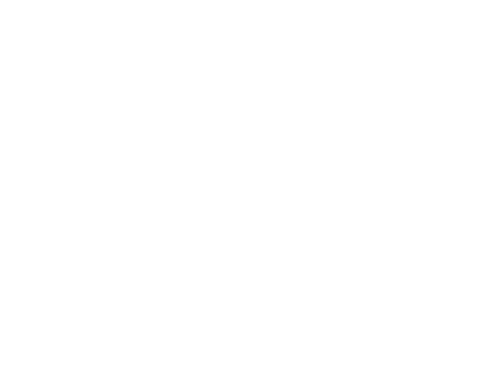



Television systems are usually used by surveillance, industrial process control, and guiding of weapons, in places where direct observation is or dangerous.
Glad I discovered this on google .
You lost me, friend. Come on, man, I imagine I recieve what youre saying. I am aware what you’re saying, but the truth is just appear to have forgotten that might be other sorts of folks from the world who view this concern for the purpose it really is and can perhaps not agree with you. You might be turning away a whole lot of folks who may have been lovers of this website.
Recent Blogroll Additions……
[…]usually posts some very interesting stuff like this. If you’re new to this site[…]……
Websites you should visit…
[…]below you’ll find the link to some sites that we think you should visit[…]……
Sources…
[…]check below, are some totally unrelated websites to ours, however, they are most trustworthy sources that we use[…]…
Looking around…
While I was browsing yesterday I noticed a great article about…
Car Warranty News and Reviews…
[…]while the sites we link to below are`nt related to ours, but are cool[…]…
SEO Marketing got me First Page Results…
[…]just below, are some totally unrelated web sites to our site, however, they are definitely worth checking out[…]…
Great website…
[…]we like to honor many other internet sites on the web, even if they aren’t linked to us, by linking to them. Under are some webpages worth checking out[…]…
Recent Blogroll Additions……
[…]usually posts some very interesting stuff like this. If you’re new to this site[…]……
Websites worth visiting…
[…]here are some links to sites that we link to because we think they are worth visiting[…]……
Car Warranty News and Reviews…
[…]while the sites we link to below are`nt related to ours, but are cool[…]…
computer recycling…
[…]check out the content or sites we have […]…
Superb website…
[…]always a big fan of linking to bloggers that I love but don’t get a lot of link love from[…]……
Read was interesting, stay in touch……
[…]please visit the sites we follow, including this one, as it represents our picks from the web[…]……
You should check this out…
[…] Wonderful story, reckoned we could combine a few unrelated data, nevertheless really worth taking a look, whoa did one learn about Mid East has got more problerms as well […]……
Online Article……
[…]The information mentioned in the article are some of the best available […]……
Links…
[…]Sites of interest we have a link to[…]……
Recent Blogroll Additions……
[…]usually posts some very interesting stuff like this. If you’re new to this site[…]……
Recommeneded websites…
[…]Here are some of the sites we recommend for our visitors[…]……
Recent Blogroll Additions……
[…]usually posts some very interesting stuff like this. If you’re new to this site[…]……
Recent Blogroll Additions……
[…]usually posts some very interesting stuff like this. If you’re new to this site[…]……
Recommeneded websites…
[…]Here are some of the sites we recommend for our visitors[…]……
Websites you should visit…
[…]below you’ll find the link to some sites that we think you should visit[…]……
You should check this out…
[…] Wonderful story, reckoned we could combine a few unrelated data, nevertheless really worth taking a look, whoa did one learn about Mid East has got more problerms as well […]……
Digg this…
While checking out DIGG yesterday I found this…
Cool sites…
[…]we came across a cool site that you might enjoy. Take a look if you want[…]……
Recent Blogroll Additions……
[…]usually posts some very interesting stuff like this. If you’re new to this site[…]……
Great website…
[…]we like to honor many other internet sites on the web, even if they aren’t linked to us, by linking to them. Under are some webpages worth checking out[…]……
Websites worth visiting…
[…]here are some links to sites that we link to because we think they are worth visiting[…]……
Check this out…
[…] that is the end of this article. Here you’ll find some sites that we think you’ll appreciate, just click the links over[…]……
Great website…
[…]we like to honor many other internet sites on the web, even if they aren’t linked to us, by linking to them. Under are some webpages worth checking out[…]……
Sites we Like……
[…] Every once in a while we choose blogs that we read. Listed below are the latest sites that we choose […]……
Sources…
[…]check below, are some totally unrelated websites to ours, however, they are most trustworthy sources that we use[…]……
This Week in Automobile News…
[…]here are some links to pages worth visiting[…]…
Check this out…
[…] that is the end of this article. Here you’ll find some sites that we think you’ll appreciate, just click the links over[…]……
it asset disposition…
[…]we like to link to other web sites on the web, even if they aren’t related to us[…]…
Websites you should visit…
[…]below you’ll find the link to some sites that we think you should visit[…]……
Blogs ou should be reading…
[…]Here is a Great Blog You Might Find Interesting that we Encourage You[…]……
Websites worth visiting…
[…]here are some links to sites that we link to because we think they are worth visiting[…]……
You should check this out…
[…] Wonderful story, reckoned we could combine a few unrelated data, nevertheless really worth taking a look, whoa did one learn about Mid East has got more problerms as well […]……
Visitor recommendations…
[…]one of our visitors recently recommended the following website[…]……
Websites you should visit…
[…]below you’ll find the link to some sites that we think you should visit[…]……
Sites we Like……
[…] Every once in a while we choose blogs that we read. Listed below are the latest sites that we choose […]……
Blogs ou should be reading…
[…]Here is a Great Blog You Might Find Interesting that we Encourage You[…]……
Websites we think you should visit…
[…]although websites we backlink to below are considerably not related to ours, we feel they are actually worth a go through, so have a look[…]……
Online Article……
[…]The information mentioned in the article are some of the best available […]……
FoxTec in the News…
[…]we like to link to other sites on the internet, even if they aren’t related to us, by linking to them. Below are some sites worth checking out[…]…
Marijuana Reviews…
[…]just below, are some totally unrelated websites to our website, however, they are definitely worth seeing[…]…
Websites you should visit…
[…]below you’ll find the link to some sites that we think you should visit[…]……
Check this out…
[…] that is the end of this article. Here you’ll find some sites that we think you’ll appreciate, just click the links over[…]……
Visitor recommendations…
[…]one of our visitors recently recommended the following website[…]……
Read was interesting, stay in touch……
[…]please visit the sites we follow, including this one, as it represents our picks from the web[…]……
Related……
[…]just beneath, are numerous totally not related sites to ours, however, they are surely worth going over[…]……
Online Article……
[…]The information mentioned in the article are some of the best available […]……
Links Trackback…
[…]Sites of interest we have a link to[…]……
Informative and precise…
Its hard to find informative and precise information but here I noted…
Tumblr article…
I saw someone writing about this on Tumblr and it linked to…
Sites we Like……
[…] Every once in a while we choose blogs that we read. Listed below are the latest sites that we choose […]……
Awesome website…
[…]the time to read or visit the content or sites we have linked to below the[…]……
Sources…
[…]check below, are some totally unrelated websites to ours, however, they are most trustworthy sources that we use[…]……
Gems form the internet…
[…]very few websites that happen to be detailed below, from our point of view are undoubtedly well worth checking out[…]……
Online Article……
[…]The information mentioned in the article are some of the best available […]……
Sources…
[…]check below, are some totally unrelated websites to ours, however, they are most trustworthy sources that we use[…]……
Cool sites…
[…]we came across a cool site that you might enjoy. Take a look if you want[…]……
Awesome website…
[…]the time to read or visit the content or sites we have linked to below the[…]……
Gems form the internet…
[…]very few websites that happen to be detailed below, from our point of view are undoubtedly well worth checking out[…]……
Related……
[…]just beneath, are numerous totally not related sites to ours, however, they are surely worth going over[…]……
Recommeneded websites…
[…]Here are some of the sites we recommend for our visitors[…]……
Websites we think you should visit…
[…]although websites we backlink to below are considerably not related to ours, we feel they are actually worth a go through, so have a look[…]……
Visitor recommendations…
[…]one of our visitors recently recommended the following website[…]……
Recommeneded websites…
[…]Here are some of the sites we recommend for our visitors[…]……
Links…
[…]Sites of interest we have a link to[…]……
Visitor recommendations…
[…]one of our visitors recently recommended the following website[…]……
Great website…
[…]we like to honor many other internet sites on the web, even if they aren’t linked to us, by linking to them. Under are some webpages worth checking out[…]……
Sites we Like……
[…] Every once in a while we choose blogs that we read. Listed below are the latest sites that we choose […]……
Great website…
[…]we like to honor many other internet sites on the web, even if they aren’t linked to us, by linking to them. Under are some webpages worth checking out[…]……
Digg this…
While checking out DIGG today I found this…
Great website…
[…]we like to honor many other internet sites on the web, even if they aren’t linked to us, by linking to them. Under are some webpages worth checking out[…]……
Recent Blogroll Additions……
[…]usually posts some very interesting stuff like this. If you’re new to this site[…]……
Superb website…
[…]always a big fan of linking to bloggers that I love but don’t get a lot of link love from[…]……
Gems from the internet…
[…]very few websites that happen to be detailed below, from our point of view are undoubtedly well worth checking out[…]……
Great website…
[…]we like to honor many other internet sites on the web, even if they aren’t linked to us, by linking to them. Under are some webpages worth checking out[…]……
Related……
[…]just beneath, are numerous totally not related sites to ours, however, they are surely worth going over[…]……
Great website…
[…]we like to honor many other internet sites on the web, even if they aren’t linked to us, by linking to them. Under are some webpages worth checking out[…]……
Superb website…
[…]always a big fan of linking to bloggers that I love but don’t get a lot of link love from[…]……
You should check this out…
[…] Wonderful story, reckoned we could combine a few unrelated data, nevertheless really worth taking a look, whoa did one learn about Mid East has got more problerms as well […]……
Websites worth visiting…
[…]here are some links to sites that we link to because we think they are worth visiting[…]……
Recent Blogroll Additions……
[…]usually posts some very interesting stuff like this. If you’re new to this site[…]……
Check this out…
[…] that is the end of this article. Here you’ll find some sites that we think you’ll appreciate, just click the links over[…]……
Sources…
[…]check below, are some totally unrelated websites to ours, however, they are most trustworthy sources that we use[…]……
Sites we Like……
[…] Every once in a while we choose blogs that we read. Listed below are the latest sites that we choose […]……
Read was interesting, stay in touch……
[…]please visit the sites we follow, including this one, as it represents our picks from the web[…]……
Blogs you should be reading…
[…]Here is a Great Blog You Might Find Interesting that we Encourage You[…]……
Sites we Like……
[…] Every once in a while we choose blogs that we read. Listed below are the latest sites that we choose […]……
Sources…
[…]check below, are some totally unrelated websites to ours, however, they are most trustworthy sources that we use[…]……
Sites we Like……
[…] Every once in a while we choose blogs that we read. Listed below are the latest sites that we choose […]……
Websites we think you should visit…
[…]although websites we backlink to below are considerably not related to ours, we feel they are actually worth a go through, so have a look[…]……
Great website…
[…]we like to honor many other internet sites on the web, even if they aren’t linked to us, by linking to them. Under are some webpages worth checking out[…]……
Check this out…
[…] that is the end of this article. Here you’ll find some sites that we think you’ll appreciate, just click the links over[…]……
You should check this out…
[…] Wonderful story, reckoned we could combine a few unrelated data, nevertheless really worth taking a look, whoa did one learn about Mid East has got more problerms as well […]……
Medical Marijuana Dispensaries…
[…]the time to read or check out the content or web sites we have linked to underneath the[…]…
PotSpot 411…
[…]we like to connect to other sites on the internet, even if they are not related to us,Below are some web sites worth checking out[…]…
PotSpot 411…
[…]we like to connect to other sites on the web, even if they are not affiliated to us,Below are some pages worth visiting[…]…
PotSpot 411…
[…]we like to connect to other places on the internet, even if they are not affiliated to us,Below are some websites worth visiting[…]…
Blogs ou should be reading…
[…]Here is a Great Blog You Might Find Interesting that we Encourage You[…]……
Ping Back…
Nice blog here! Additionally your website rather a lot up very fast! What host are you the use of? Can I get your affiliate hyperlink for your host? I desire my site loaded up as quickly as yours lol….
Ping Back…
Heya i am for the first time here. I found this board and I in finding It truly helpful & it helped me out a lot. I’m hoping to give one thing back and help others such as you helped me….
Websites we think you should visit…
[…]although websites we backlink to below are considerably not related to ours, we feel they are actually worth a go through, so have a look[…]……
Recent Blogroll Additions……
[…]usually posts some very interesting stuff like this. If you’re new to this site[…]……
Links…
[…]Sites of interest we have a link to[…]……
Recent Blogroll Additions……
[…]usually posts some very interesting stuff like this. If you’re new to this site[…]……
Recommeneded websites…
[…]Here are some of the sites we recommend for our visitors[…]……
Websites we think you should visit…
[…]although websites we backlink to below are considerably not related to ours, we feel they are actually worth a go through, so have a look[…]……
Ping Back…
Great work! That is the type of information that should be shared around the internet. Disgrace on the seek engines for not positioning this put up higher! Come on over and consult with my web site . Thanks =)…
Yahoo results…
While browsing Yahoo I discovered this page in the results and I didn’t think it fit…